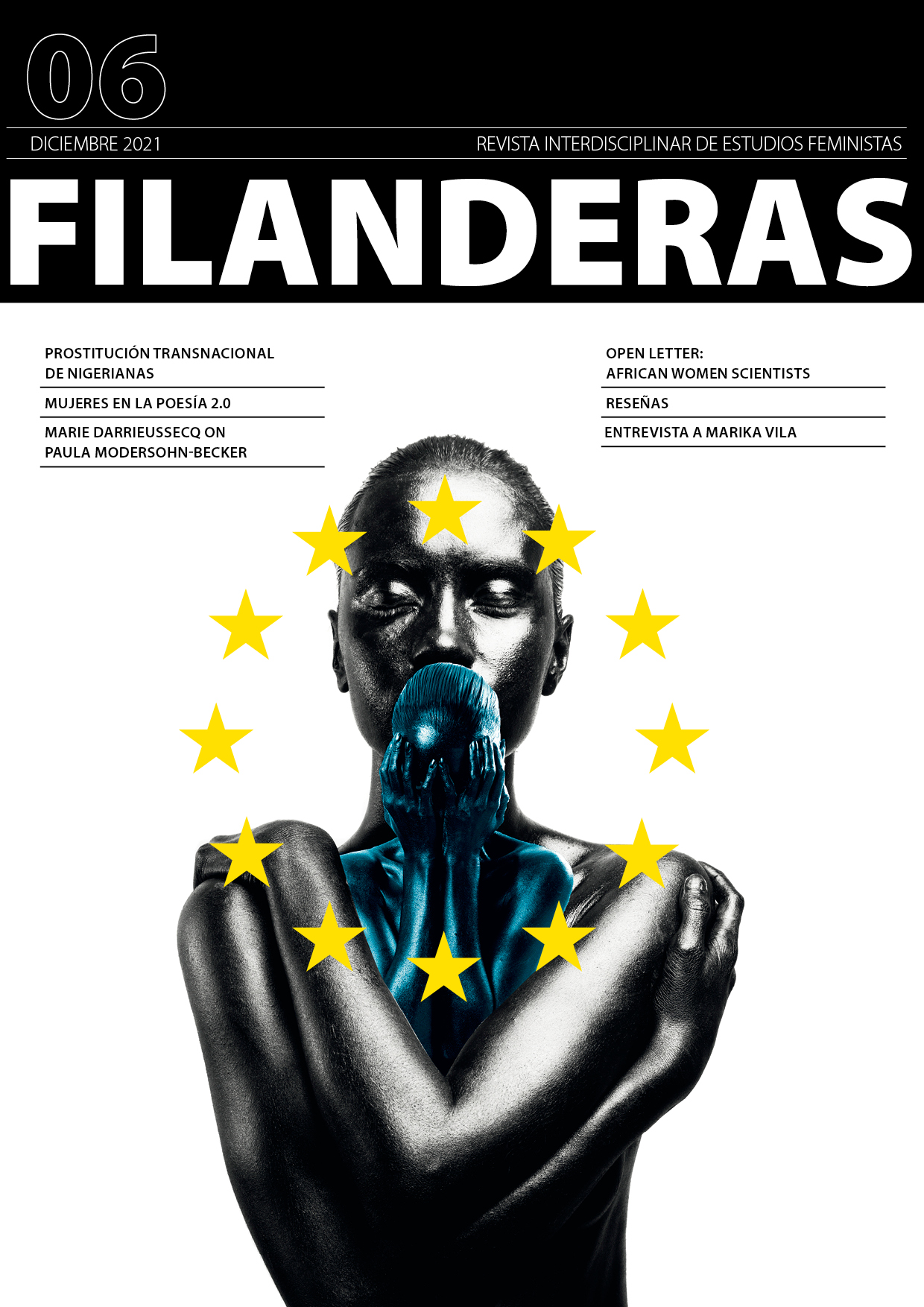Neither) companions (nor) revolutionaries. The representation of women in poetry 2.0
DOI:
https://doi.org/10.26754/ojs_filanderas/fil.202166261Keywords:
Female Representation, Poetry 2.0, Ciberpoets, Social Media, DemocratizationAbstract
The production, dissemination, and enjoyment of the poetic experience have changed considerably in recent years. The primary factor that has caused this revitalization of poetry is the internet, and more specifically, social media. The evolution of poetry towards new digital avenues has been motivated by the incorporation of the millennial generation into the artistic market, an audience that did not consider the lyrical genre within their interests. One of the consequences of this revolution is the democratization of poetry. The new forms of production and of reception have made it so the concepts of author-writer-reader no longer reflect the same schemata to which lyrical poetry was fitted just a few years ago. From this perspective, in the current study we will focus on analyzing how the image of women is developed in the discourse of two poets who hold first place in this new poetic «canon» of the twenty-first century in Spain: Marwan and Diego Ojeda. Based on the analysis, we intend to respond to the question that makes up the central idea of this work: Has the stereotype regarding the representation of women in poetry 2.0 been updated? The critical analysis from the text «Compañeras» and «Mi chica revolucionaria» (added to the Anexo I) shows chauvinism perpetuity hidden within digital vortex.
Downloads
Downloads
Published
How to Cite
Issue
Section
License
Copyright (c) 2021 Lucía Lamora Aranda

This work is licensed under a Creative Commons Attribution-NonCommercial 4.0 International License.
Las autoras y autores que publican en esta revista están de acuerdo con los siguientes términos:
Conservan los derechos de autoría y garantizan a la revista el derecho de ser la primera publicación del trabajo al igual que licenciarlo bajo una Creative Commons Attribution Licence que permite a otros compartir el trabajo con un reconocimiento de la autoría del trabajo y la publicación inicial en esta revista.





